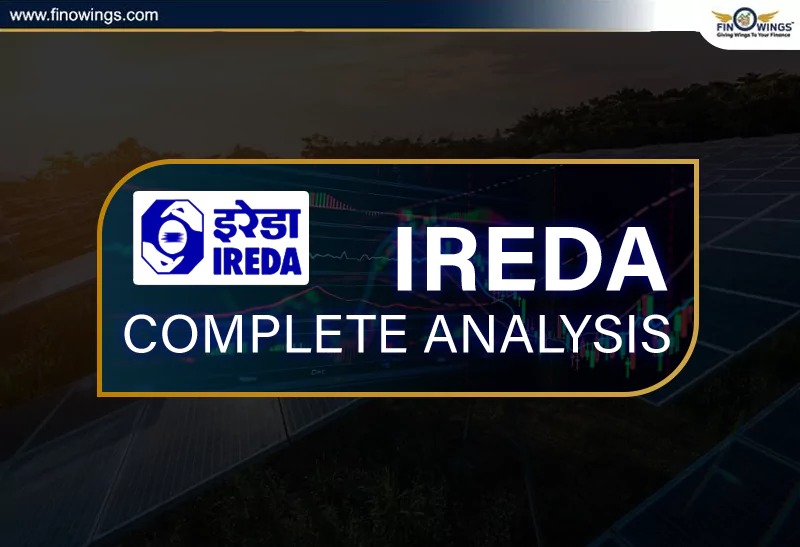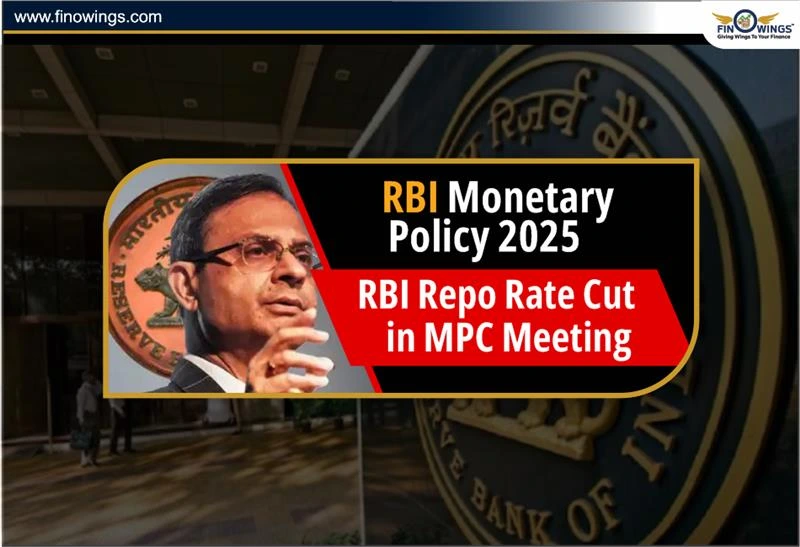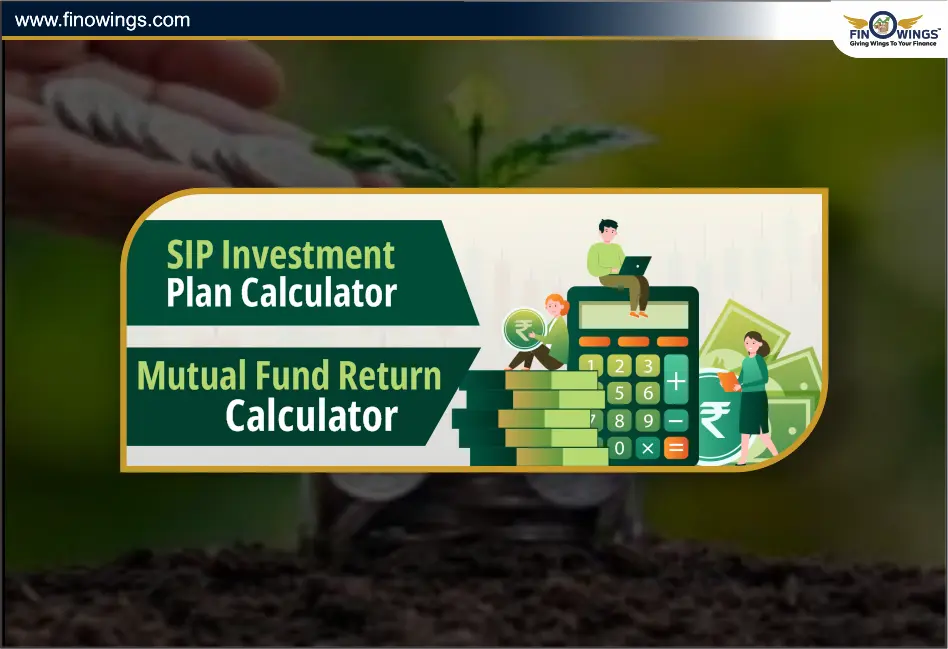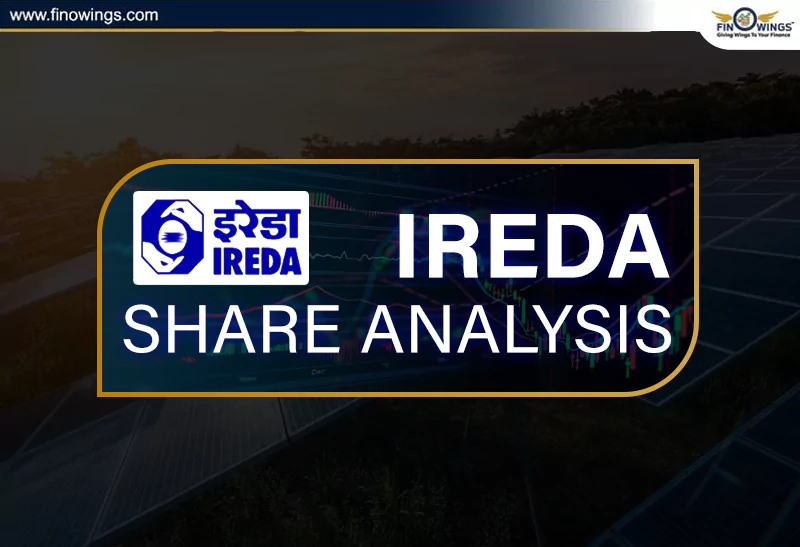Home >> Blog >> IREDA - Complete Analysis
IREDA - Complete Analysis

Table of Contents
What Does IREDA Do?
IREDA provides financial assistance and incentives to renewable energy projects, as well as various financial products and services related to them. With 36 years of experience, the company offers services ranging from project appraisal to post-commissioning. In other words, it is like IRFC, which finances railway projects, but for the renewable energy sector. And the best part is, it is not dependent on only government projects.
Why Should You Invest in IREDA?
IREDA has a great opportunity to benefit from the growth of the renewable energy sector. The Indian government has set a big target of installing 500 GW of renewable capacity by 2030, in order to achieve net-zero emissions by 2070. Moreover, the government has also aimed for 30% electric vehicle adoption by 2030, and 66% of total power to be renewable by 2032.
These are huge triggers for IREDA, as it will increase the demand for its financing services. The company has a diversified loan book of Rs 47,514 crore in September 2023, with a market share of 31%. This means that it is the leader in the green financing space, and has seen the fastest growth in gross loan portfolio with 30% CAGR over FY21-23 versus peers.
The industry size is expected to reach 30 lakh crore by 2030, and IREDA could get 9 lakh crore of business, based on its market share. If this happens, the company will grow tremendously.
Detailed Video
How is IREDA Performing Financially?
The company’s profit after tax grew by 58% CAGR during the same period, while the company witnessed a 30% CAGR growth in the term loans over FY21-23 and a 14.7% CAGR growth in the net interest income.
Over the same period, the net interest margins contracted by 61 basis points while PAT increased by a CAGR of 58%. This shows that the company is able to manage its costs and risks effectively.
IREDA has a geographically diversified portfolio across 23 states and five union territories in September 2023. The company has 60.72% of the loan book in top five states (Rajasthan 15.5%, Karnataka 13.8%, Andhra Pradesh 13.7%, Gujarat 9.9% and Maharashtra 7.9%) in September 2023. This indicates that the company has a strong presence in the regions with high renewable potential.
The loan book bifurcation by sector shows that the company has a balanced mix of solar, hydro, biomass and biofuel projects. The private sector accounts for 73% of the loan book in FY23, up from 66% in FY22, while the public sector accounts for 27% in FY22, down from 34% in FY22. This shows that the company is not reliant on only government projects, and has a diversified client base.
How is IREDA’s Asset Quality?
IREDA is believed to have the best asset quality compared to its peers, with gross NPAs declining to 3.1% in H1FY24 from 5.1% in H1FY23 and net NPAs coming down to 1.7% from 2.7%. This is impressive, considering the impact of the pandemic on the renewable sector. The company has also maintained adequate provisioning and capital adequacy ratios, which reflect its well judged risk management.
How is IREDA Valued?
The company’s valuation is attractive, compared to its peers. The company was available at 1.1 times its book value, while its peers REC and PFC were available at 1.5 times. However, they are not comparable on an apple-to-apple basis, as IREDA is focused on the renewable sector, while REC and PFC are involved in the conventional power sector. Based on the NIM, ROE and ROA, ROCE and PFC may seem better, but based on the growth rate, IREDA has an edge.
What are the Risks Involved?
The main risk involved in investing in IREDA is that the company’s portfolio is entirely dependent on the renewable sector. If the sector faces any downturn, the company’s performance will be affected. For example, the company’s financials were not very impressive before the last three years, when the renewable sector was not in focus. Moreover, if the government’s policy changes and shifts away from the renewable sector, the company may lose its competitive advantage.
Conclusion
I hope that by now, you have a clear idea of the good and bad points of the company, which are important to know before investing. The company has a lot of potential to grow, as it is the leader in the green financing space, and has a diversified and quality loan book. The company’s financial performance is also impressive, and its valuation is reasonable. However, the company also faces some risks, as it is dependent on the renewable sector, which may be volatile and uncertain.
So, what should you do? Buy, sell or hold? Well, that depends on your risk appetite, investment horizon and personal goals. But, if you ask me, I would say that IREDA is a good long-term bet, as the renewable sector is the future of energy, and the company is well-positioned to capitalize on it. However, you should also do your own research and analysis, and consult a financial advisor before making any investment decision.
I hope you found this blog post helpful and engaging. If you did, please share it with your friends and family, and leave a comment below. And if you want to read more such blogs, please subscribe to my newsletter. Thank you for reading! 😊
Frequently Asked Questions
IREDA provides financial assistance and incentives for renewable energy projects, offering services from project appraisal to post-commissioning.
IREDA exhibits a 58% CAGR in profit after tax, a 30% CAGR in term loans, and effective cost and risk management, maintaining diversified portfolios across states.
The main risk is sector dependence; a downturn or policy changes could impact performance. However, IREDA has demonstrated resilience and maintained adequate provisioning.
IREDA is positioned as a solid long-term bet due to its leadership in green financing, diversified loan book, impressive financial performance, and reasonable valuation. Investors should conduct personal research and seek financial advice.


















Anna Amarnath | Posted on 14/12/2023
Good information, Thank you so much sir.